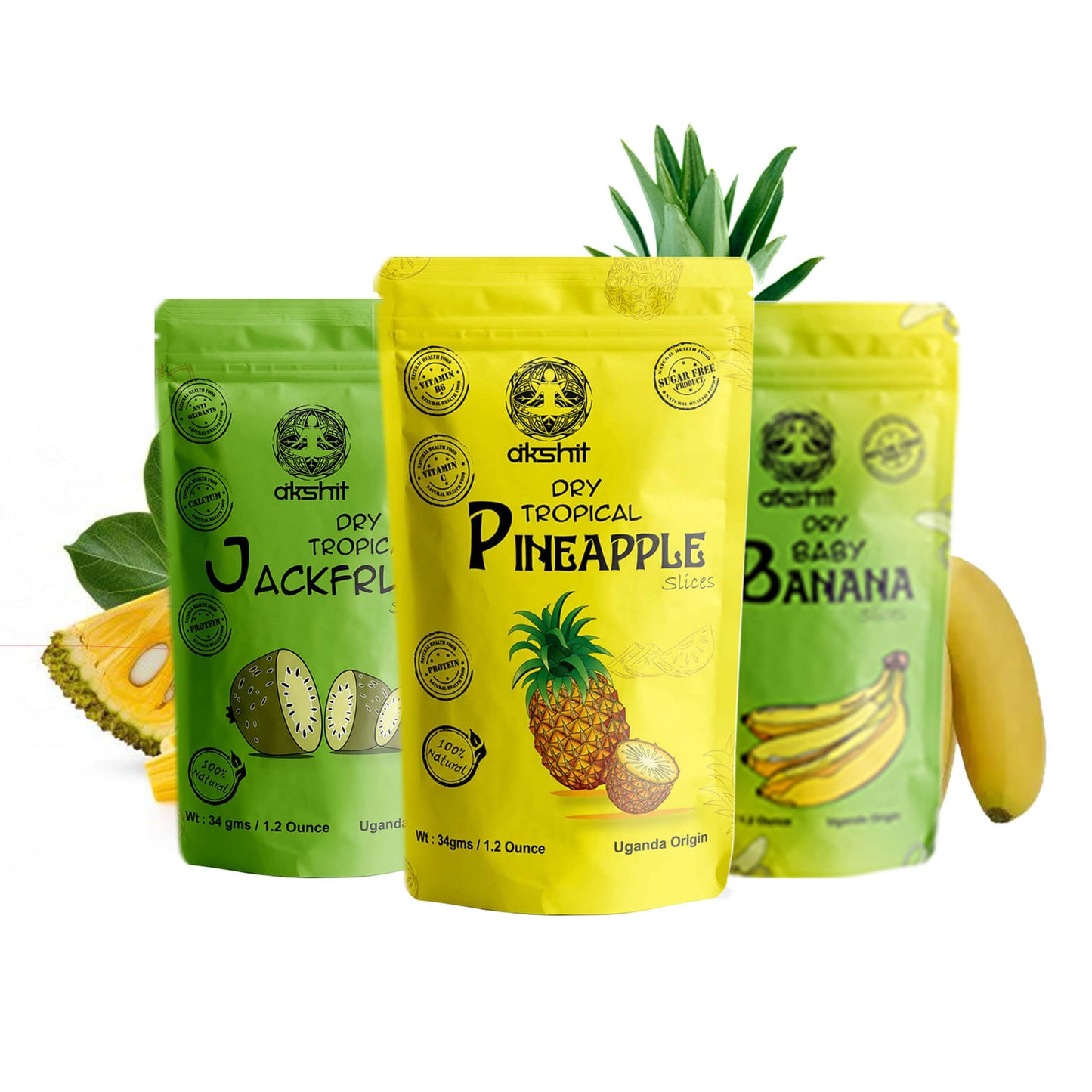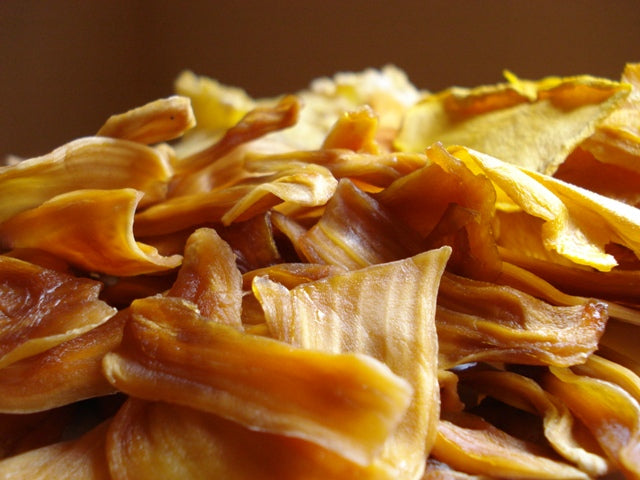
Hibiscus tea for high blood pressure: How much to take
If you are seeking a natural way to improve your blood pressure, hibiscus tea might be the answer you are looking for. With its vibrant color and refreshing taste, hibiscus tea has been celebrated for its potential to help lower blood pressure. In this article, we will explore the science behind hibiscus tea's effects on blood pressure and delve into the optimal number of cups you should consume daily. Whether you are a tea enthusiast or simply looking for ways to enhance your cardiovascular health, keep reading to discover the power of hibiscus tea.
Hibiscus Tea : How Does it Affect Blood Pressure?
Hibiscus tea is derived from the Hibiscus sabdariffa plant and has been traditionally used for its various health benefits. One of its significant effects is its potential to help lower blood pressure. Research suggests that hibiscus tea contains bioactive compounds, such as anthocyanins and quercetin, which may have blood pressure-lowering properties.
Hibiscus tea is believed to work as a natural ACE inhibitor, dilating blood vessels and reducing the strain on the heart. It also has diuretic properties, which means it may help eliminate excess sodium and water from the body, reducing overall blood volume.
Hibiscus Tea : Thoughts on Optimal Daily Consumption for Blood Pressure
The ideal number of cups of hibiscus tea to consume for lowering blood pressure may vary based on individual factors such as age, weight, and overall health condition. However, research suggests that consuming two to three cups of hibiscus tea daily may be beneficial for those seeking to manage their blood pressure.
A study published in the Journal of Nutrition found that drinking three cups of hibiscus tea daily was associated with a significant decrease in systolic blood pressure. Another study in the Journal of Hypertension reported that two cups of hibiscus tea daily may lead to improvements in both systolic and diastolic blood pressure.
In addition, in fact, tested head-to-head against a leading blood-pressure drug, captopril, and two cups of strong hibiscus tea every morning, using five tea bags for those two cups, was as effective in lowering blood pressure as a starting dose of 25mg of captopril taken twice a day.
Studies show that drinking just 3 cups of Hibiscus tea a day can lower mild to moderate blood pressure. In fact, Hibiscus induced reductions in blood pressure similar to that resulting from pharmaceutical medication.
NOTE; It is important to remember that moderation is key, as excessive consumption of hibiscus tea may lead to potential adverse effects due to its diuretic nature.
Hibiscus Tea : How to Prepare for Maximum Benefits
To enjoy fully, the potential benefits of hibiscus tea, it is essential to prepare it correctly. Here's a simple step-by-step guide to brewing the perfect cup of hibiscus tea.
- Gather the Ingredients: in this case, you will need either hibiscus tea bags or dried hibiscus flowers; of your choice. More so, you will filtered water, and a sweetener of your choice (optional).
- Boil the Water: Heat the filtered water to a rolling boil.
- Add the Hibiscus Flowers or Hibiscus tea bags: Once the water reaches a boil, add the dried Hibiscus flowers or Hibiscus tea bags to the water. Use approximately one tablespoon of dried hibiscus flowers per cup of water; use one or two tea bags of hibiscus of your preference.
- Steep the Hibiscus Tea: Turn off the heat and let the Hibiscus flowers/tea bags steep in the hot water for about 5-10 minutes, depending on your preferred strength.
- Strain and Serve: After steeping, strain the tea to remove the hibiscus flowers/tea bag and pour it into your favorite teacup. You may add sweetener to taste, although it's best to consume the tea without sugar or artificial sweeteners.
- Enjoy and savour the delightful taste and potential health benefits of hibiscus tea.
Hibiscus Tea : Potential Side Effects and Precautions
While hibiscus tea offers many potential health benefits, it's essential to exercise caution and be aware of possible side effects:
Low Blood Pressure: If you already have low blood pressure, hibiscus tea may further reduce it, leading to dizziness or fainting. Consult your doctor before consuming hibiscus tea if you have low blood pressure.
Pregnancy and Lactation: Pregnant or lactating women should avoid excessive consumption of hibiscus tea, as it may interfere with hormone levels and pregnancy outcomes.
Drug Interactions: Hibiscus tea may interact with certain medications, including antihypertensive drugs and diuretics. If you are on any medications, seek medical advice before adding hibiscus tea to your routine.
Allergic Reactions: Some individuals may be allergic to hibiscus flowers. If you experience any allergic symptoms, such as skin rash or difficulty breathing, discontinue use and seek medical attention.
NOTE; remember to consult with your healthcare provider before incorporating hibiscus tea into your daily routine, especially if you have any pre-existing medical conditions or concerns.


